Pets tend to stick to a similar daily routine, and most look forward to their scheduled mealtimes. When pets start begging for food out of the blue, stop eating altogether, or can’t stop drinking from the toilet, you may wonder why your pet is acting so strangely. Such changes are cause for concern.
In most cases, changes in eating or drinking habits are the result of an underlying disease that likely is treatable with a proper diagnosis and care. The Juanita Hills Animal Hospital team shares the most common diseases and conditions that cause these changes and explains what you should do if you notice them at home.
Common reasons for eating or drinking habit changes in pets
Changes to your furry pal’s eating or drinking habits can occur for various reasons, but most are attributable to a chronic occasionally acute disease process. Here, we list some of the most common causes:
- Kidney disease — Chronic changes in the kidneys, which filter the blood and concentrate the urine, cause pets to lose excess water and to respond by drinking excessively. Acute kidney injury can cause similar signs with a sudden onset, usually from a toxin or infection.
- Hormonal imbalances— Increases or decreases in thyroid hormone levels can cause respective increases or decreases in appetite, because thyroid hormones control metabolism. An excess of the steroid hormone cortisol—the result of Cushing’s disease in dogs—typically causes increased thirst, urination, and hunger.
- Diabetes — Diabetes occurs when the pancreas no longer produces insulin, or the body stops responding to insulin’s effects. Glucose builds up in the bloodstream, spills over into the urine, and causes dehydration. Affected pets become extremely hungry and thirsty, and typically also lose weight.
- Stomach and intestinal issues— Chronic gastrointestinal (GI) diseases, such as inflammatory bowel disease, may increase a pet’s appetite if nutrient absorption is affected or decrease their appetite if inflammation causes discomfort. Acute GI infections, parasites, or foreign body obstruction can cause sudden appetite loss.
- Pain — Most pets in significant pain, from dental issues, arthritis, and many other illnesses, for example, are not interested in food.
- Stress — Similar to pain, pets who are seriously anxious, stressed, or grieving may have a decreased or absent appetite, as their brains and bodies are focused on the source of their distress.
What you should do if your pet’s eating or drinking habits change
Since these changes most often indicate a medical problem, your pet should visit with our veterinary team as soon as you notice them. Gradual or subtle changes can be addressed during the next available appointment, but your pet should be seen sooner if they seem acutely ill. Our hospital offers same-day urgent care visitsfor pets who need care and cannot wait days or weeks for a visit.
Diagnosing eating or drinking habit changes in pets
During your visit, our team will perform a complete diagnostic workup to find the cause of your pet’s problem. Most problems become apparent after the first round of testing, but some may require additional referrals, advanced imaging, or repeat tests for an accurate diagnosis. Expect the following during your initial visit:
- Blood chemistry panel
- Complete blood count
- Electrolytes
- Urinalysis
- Blood pressure test
- X-rays or ultrasound
Treating eating or drinking habit changes in pets
Treatments for eating or drinking habit changes are focused on your pet’s underlying problem and often include medications, such as insulin injections for diabetes or steroids for GI disease. Diet changes can also be highly effective and often slow progression in chronic conditions. Surgeries are rarely required, but may be necessary in an acute GI emergency, such as a foreign body.
Preventing eating or drinking habit changes in pets
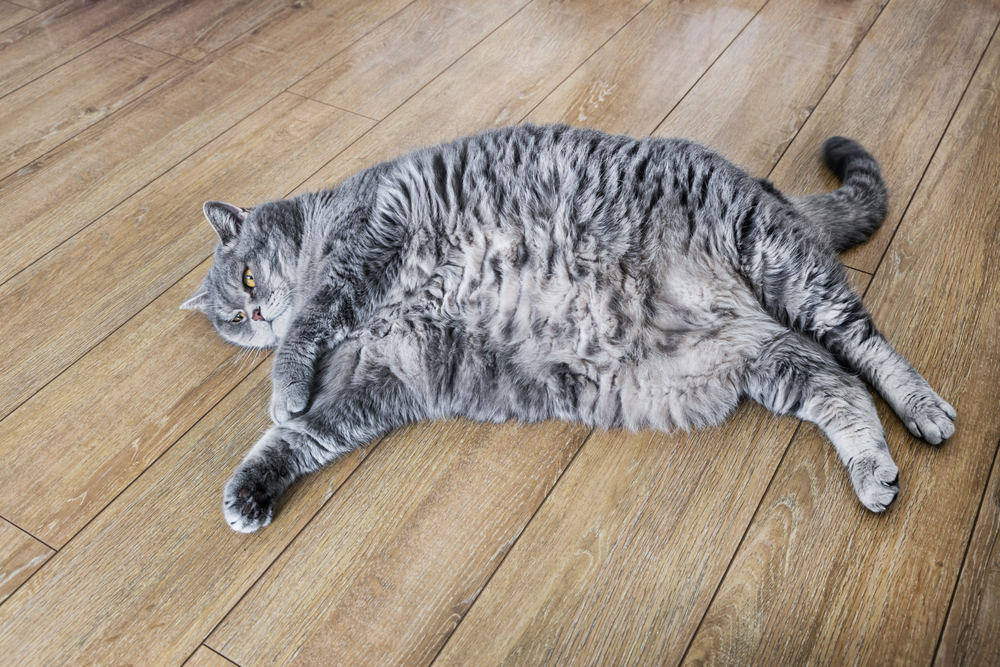
General pet health recommendations may help prevent some diseases in pets—for example, obesity puts pets at high risk for diabetes, so a healthy weight and daily exercise will reduce that risk. Good quality nutrition, parasite prevention, and routine veterinary visits are also helpful, but you won’t be able to prevent every problem. Instead, you can strive to detect changes early through annual wellness screening tests
Keeping up with your pet’s annual wellness care and diagnostic testing will help them stay healthy and help our Juanita Hills Animal Hospital team detect chronic diseases before your pet gets sick. Call us to schedule a wellness visit for your four-legged friend, or if you feel your pet’s eating or drinking habits have changed. For sudden onset changes or those accompanied by other illness signs, our urgent care team can provide same-day, convenient care. Hungry Hungry House Hippo: Eating or Drinking Habit Changes in Pets Hungry. Hungry House Hippo: Eating or Drinking Habit Changes in Pets

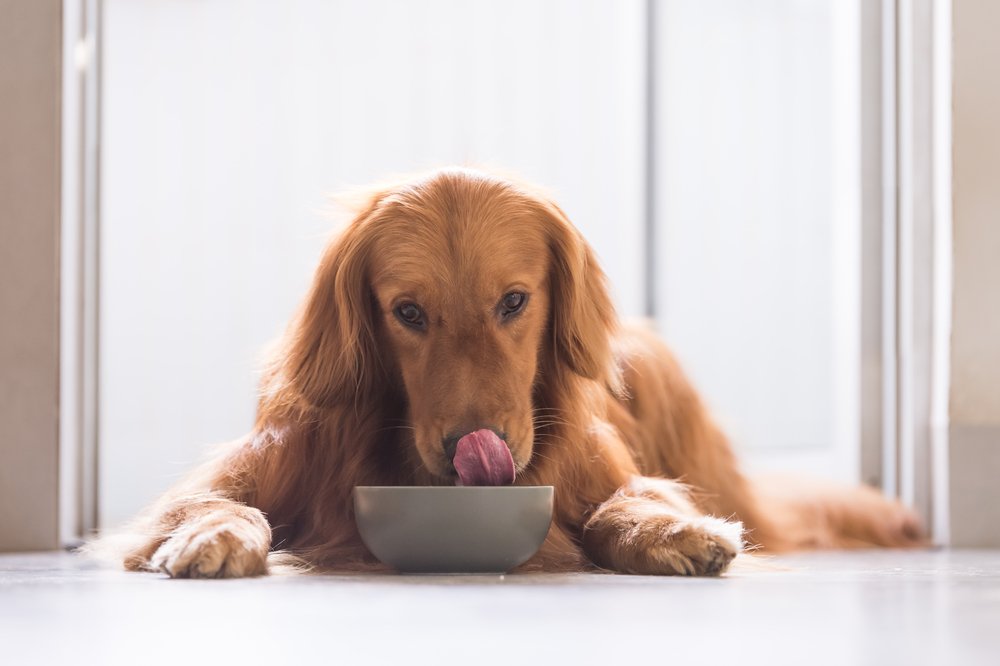
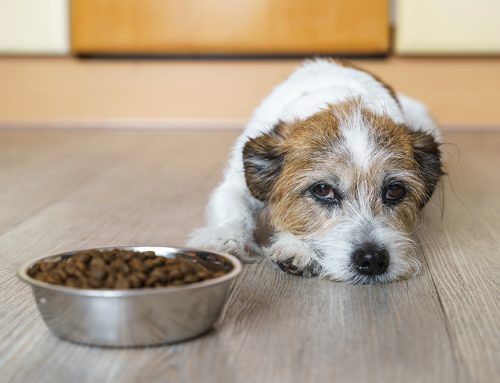
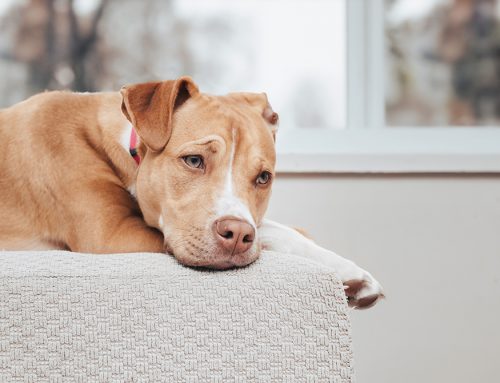

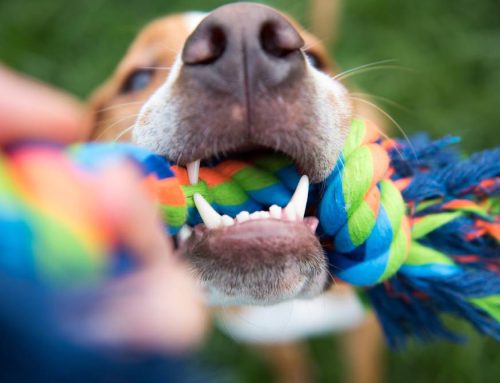













Leave A Comment